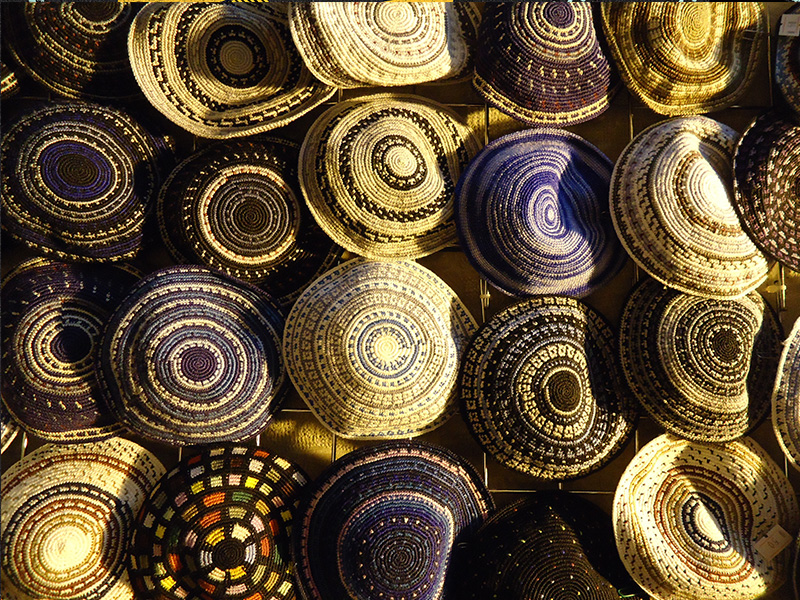What does it mean to be Jewish? There are so many ways to be Jewish, and so many kinds of Jews, that I cannot speak for all. What I can do is speak for myself, and ask readers to consider to what extent my experience of being Jewish compares with their own.
Being Jewish presents a number of challenges. In Israel, Jews are challenged to live in a dangerous and hostile neighbourhood. But it also takes effort and investment to be Jewish in the Diaspora. Some combination of Jewish worship or involvement in Jewish organizations or community, or keeping the basic traditions, together with investments in Jewish education or camping, is required in order maintain one’s Jewishness.
And the challenges can be much greater, because in some places, and at certain times in history, it has been dangerous to be Jewish. Anti-Semitism is a pervasive cancer that ebbs, flows and evolves, but never seems to go away. In response, our emotions can run rampant, as we try to figure out what is taking place, assess the threats and contemplate future possibilities, both negative and positive. The resulting practical, and perhaps necessary, paranoia can be exhausting.
But despite these and other challenges, I love being Jewish because it brings so much into my life. To be unaffiliated with anything takes no investment. They say that you get what you pay for, or what you invest in. I think being Jewish is an example of that.
I love that I am part of something greater than myself. Sometimes, when I close my eyes, I can envision the hierarchy of my ancestors, starting with my grandchildren, then moving back in time to my children, parents and grandparents, and ultimately all the way back to Abraham in a conceptual sense. I recognize that I have inherited a responsibility and an opportunity, as part of a people who have a 3,500-year history that includes so many unique experiences.
There is something very special about being part of such a unique history, one that has blended numerous disasters and tragedies with so much learning, accomplishment, depth and texture.
What other people have an ancient, sacred text, which literally millions of people, current and ancient, have spent billions of days studying over the millennia? And what people have cared enough to record a substantial portion of the commentary that has resulted? I have studied Torah enough to understand its power, its pervasiveness and the complete adulation of its students.
READ: DIAMOND: THE SHIELD THAT GUARDS THE REALMS OF JEWS
I love the fact that we are a people. Years ago, even as adolescents, we understood that we were part of something much bigger, both in space and time – we were part of “the Tribe.” Everywhere in the world I go, if I look even a little, I find Jewish communities, or traces of Jews who perhaps prospered, but then fled. We are so small, yet we are everywhere.
And I love that the traditions we are offered are simply spectacular in their power to gather people together, as well as to teach, to model and to inspire. Not all of us observe all the traditions, of course, but they are all there on offer, and statistics suggest that a very high percentage of us celebrate Shabbat in some way, or sit down around a sSeder table, as well as worship during the High Holidays. It is empowering to participate in a tradition that my ancestors also celebrated thousands of years ago.
I also enjoy the fact that there is so much to be proud of in our Tribe: whether it be most of what Israel – a modern miracle of a country that has not just survived, but thrived, against all odds – has to offer; or the incredible work done in virtually all endeavours by Jews around the world.
Nothing valuable comes for free. It’s not easy being Jewish, but perhaps that is the best part: we have to work at it, so we appreciate it that much more.
